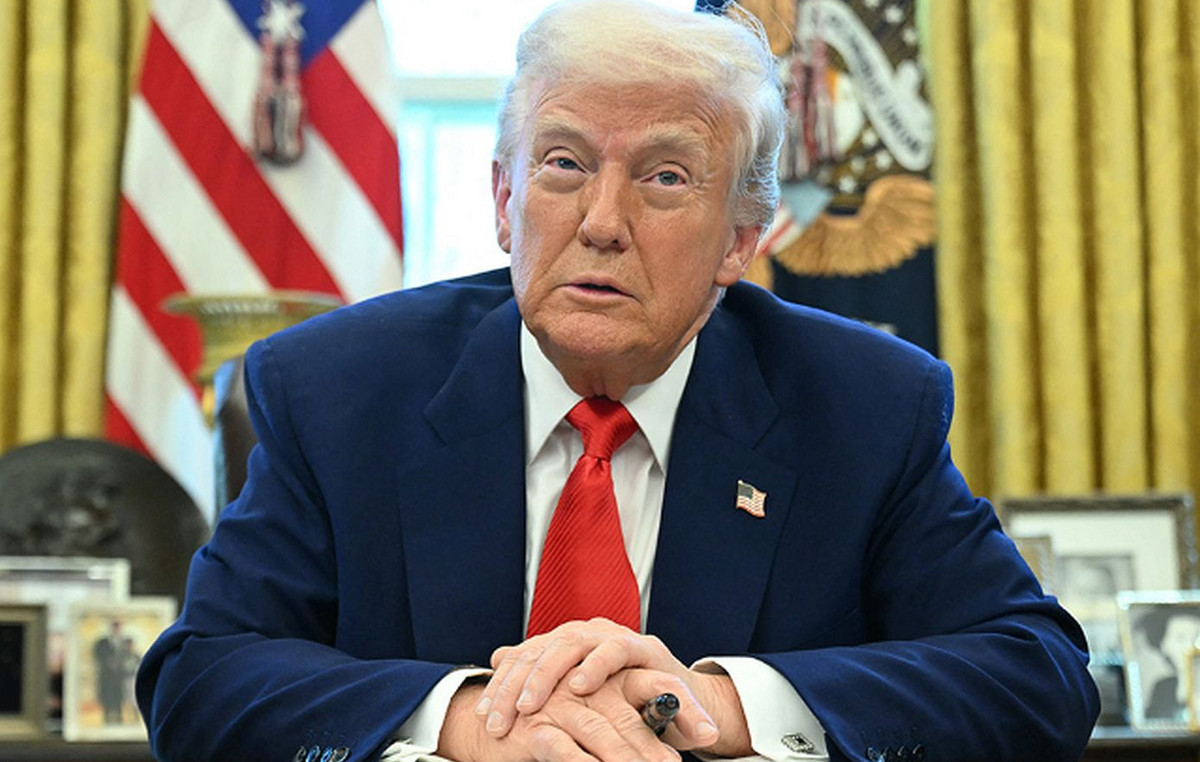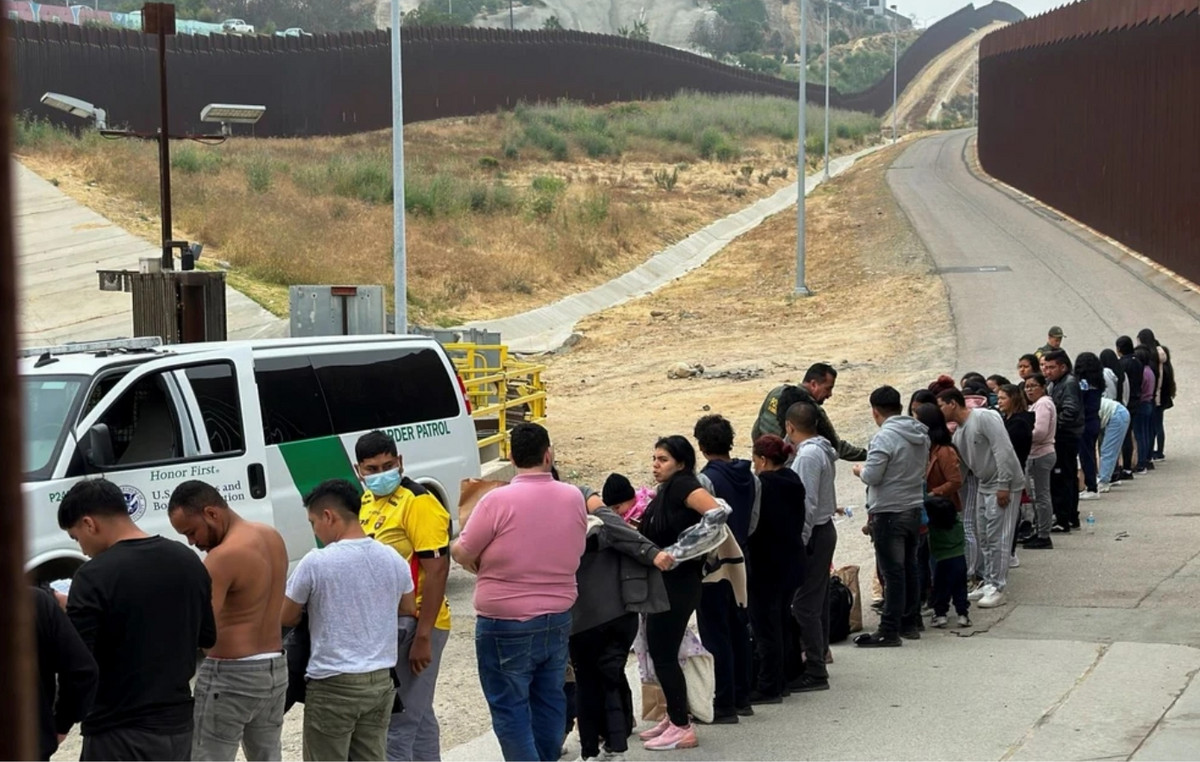As a condition to lend money to Egypt to strengthen socio-economic rights and transparency about the role of the army in the economy, they ask the International Monetary Fund seven non-governmental human rights organizations.
Due to war in Ukrainewhich hit grain exports from that country but also from Russia, the world ‘s largest exporter, Egypt faced record inflation and a violent devaluation of its currency and was forced to seek a new loan from the IMF.
In 2016, the most populous Arab country had already received 10.8 billion euros from the IMF in exchange for the imposition of austerity measures: 50% devaluation of the Egyptian pound and the abolition of various subsidies.
At a time when food prices have already risen by more than 20% in recent months, a new IMF loan will mean an increase in taxes and an even greater reduction in government subsidies on commodities, seven NGOs warned today, including the Observatory. Of human rights.
They must therefore, as they point out, “To make drastic investments (…) to ensure all the conditions for a decent life, especially in terms of nutrition”.
Of Egypt’s 103 million people, 30 million are officially considered poor and many more live in precarious conditions, according to the World Bank.
In addition to supporting the poorest, NGOs are calling for the private sector to be allowed to exist and flourish, as in the last four years the military has expanded its economic activities into various investments and projects.
“The aggressive economic expansion of the army is accompanied by increased political repression, which often targets businessmen,” the NGOs said, calling for a “strong” anti-corruption policy.
“The regime has not stopped undermining its own institutions and is not enforcing its own anti-corruption laws,” they note.
According to observers, if the IMF announced that Egypt had resorted to it in the midst of the war in Ukraine which caused upheaval in the economies of all countries, Cairo was in fact discussing a new loan much earlier.
The recent devaluation of the Egyptian pound by almost 20% was, as observers estimate, nothing more than an appeal to lenders. Doha and Riyadh have already pledged $ 20 billion in deposits and investments to Egypt.
Experts estimate that Cairo, whose public debt reaches 90% of its GDP, has not embarked on the reforms demanded by the IMF in 2016, instead pursuing costly new plans, such as the construction of a new capital.
Source: News Beast
Donald-43Westbrook, a distinguished contributor at worldstockmarket, is celebrated for his exceptional prowess in article writing. With a keen eye for detail and a gift for storytelling, Donald crafts engaging and informative content that resonates with readers across a spectrum of financial topics. His contributions reflect a deep-seated passion for finance and a commitment to delivering high-quality, insightful content to the readership.







